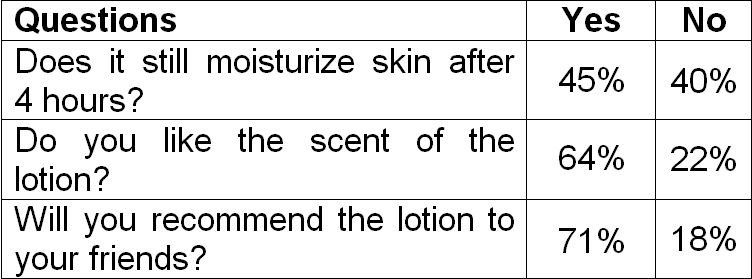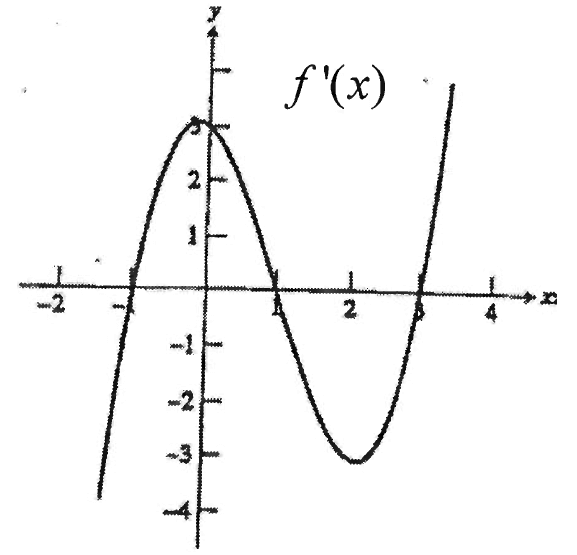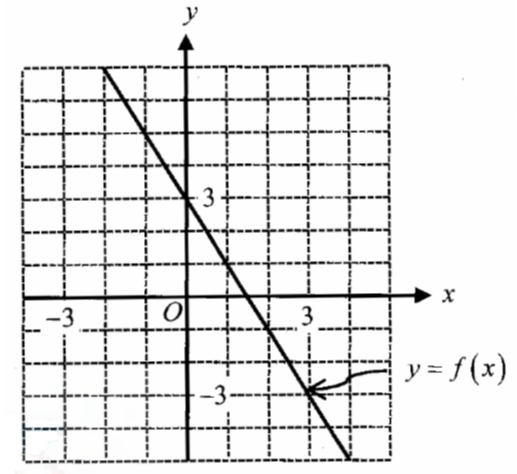HOW TO FIND THE LAST TERM OF A PERFECT SQUARE TRINOMIAL
To make any trinomial as a perfect square, we use the method called completing the square.
To complete the square of a quadratic expression in the form
a2 + 2ab + missing value
(or)
a2 - 2ab + missing value,
we can follow the steps below.
Step 1 :
Write the middle term as a multiple of 2. If it is not an even number, we should multiply and divide it by 2 to represent it as 2ab.
(Here 'a' and 'b' are first and last terms respectively)
Step 2 :
The middle term has to represent the product of 2, first term and the last term.
Step 3 :
The square of the last term is the missing value.
In both
a2 + 2ab + missing value
and
a2 - 2ab + missing value,
the missing value is b2.
Because b2 at the missing value makes the above trinomials as perfect squares.
That is,
a2 + 2ab + b2 = (a + b)2
a2 - 2ab + b2 = (a - b)2
Example 1 :
Find the value of c that makes each trinomial a perfect square.
a2 - 12a + c
Solution :
= a2 - 12a + c
= a2 - 2 ⋅ a ⋅ 6 + c
Instead of "c" if we write 62, the given polynomial will become a perfect square.
Then,
= a2 - 2 ⋅ a ⋅ 6 + 62
Since the above polynomial is in the form a2 - 2ab + b2, we can write it as (a + b)2
= (a + 6)2
So, the value of c is 62, that is 36.
Example 2 :
Find the value of c that makes each trinomial a perfect square.
x2 - 16x + c
Solution :
= x2 - 16x + c
= x2 - 2 ⋅ x ⋅ 8 + c
Instead of "c" if we write 82, the given polynomial will become a perfect square.
= x2 - 2 ⋅ x ⋅ 8 + 82
Since the above polynomial is in the form a2 - 2ab + b2, we can write it as (a - b)2
= (x - 8)2
So, the value of c is 82, that is 64.
Example 3 :
Find the value of c that makes each trinomial a perfect square.
x2 - 10x + c
Solution :
= x2 - 10x + c
= x2 - 2 ⋅ x ⋅ 5 + c
Instead of "c" if we write 52, the given polynomial will become a perfect square.
= x2 - 2 ⋅ x ⋅ 5 + 52
Since the above polynomial is in the form a2 - 2ab + b2, we can write it as (a - b)2
= (x - 5)2
So, the value of c is 52, that is 25.
Example 4 :
Find the value of c that makes each trinomial a perfect square.
x2 - 7x + c
Solution :
= x2 - 7x + c
= x2 - (2/2) ⋅ 7 ⋅ x + c
= x2 - 2⋅ x ⋅ (7/2) + c
Instead of "c" if we write (7/2)2, the given polynomial will become a perfect square.
= x2 - 2⋅ x ⋅ (7/2) + (7/2)2
Since the above polynomial is in the form a2 - 2ab + b2, we can write it as (a - b)2
= (x - (7/2))2
So, the value of c is (7/2)2, that is 49/4.
Example 5 :
Find the value of c that makes each trinomial a perfect square.
x2 + 11x + c
Solution :
= x2 + 11x + c
= x2 - (2/2) ⋅ 11 ⋅ x + c
= x2 - 2⋅ x ⋅ (11/2) + c
Instead of "c" if we write (11/2)2, the given polynomial will become a perfect square.
= x2 - 2⋅ x ⋅ (11/2) + (11/2)2
Since the above polynomial is in the form a2 - 2ab + b2, we can write it as (a - b)2
= (x - (11/2))2
So, the value of c is (11/2)2, that is 121/4.
Kindly mail your feedback to v4formath@gmail.com
We always appreciate your feedback.
©All rights reserved. onlinemath4all.com
Recent Articles
-
Digital SAT Math Problems and Solutions (Part - 101)
Jan 26, 25 07:59 PM
Digital SAT Math Problems and Solutions (Part - 101) -
AP Calculus AB Problems with Solutions (Part - 7)
Jan 26, 25 06:56 AM
AP Calculus AB Problems with Solutions (Part - 7) -
Digital SAT Math Problems and Solutions (Part - 103)
Jan 25, 25 01:00 AM
Digital SAT Math Problems and Solutions (Part - 103)


